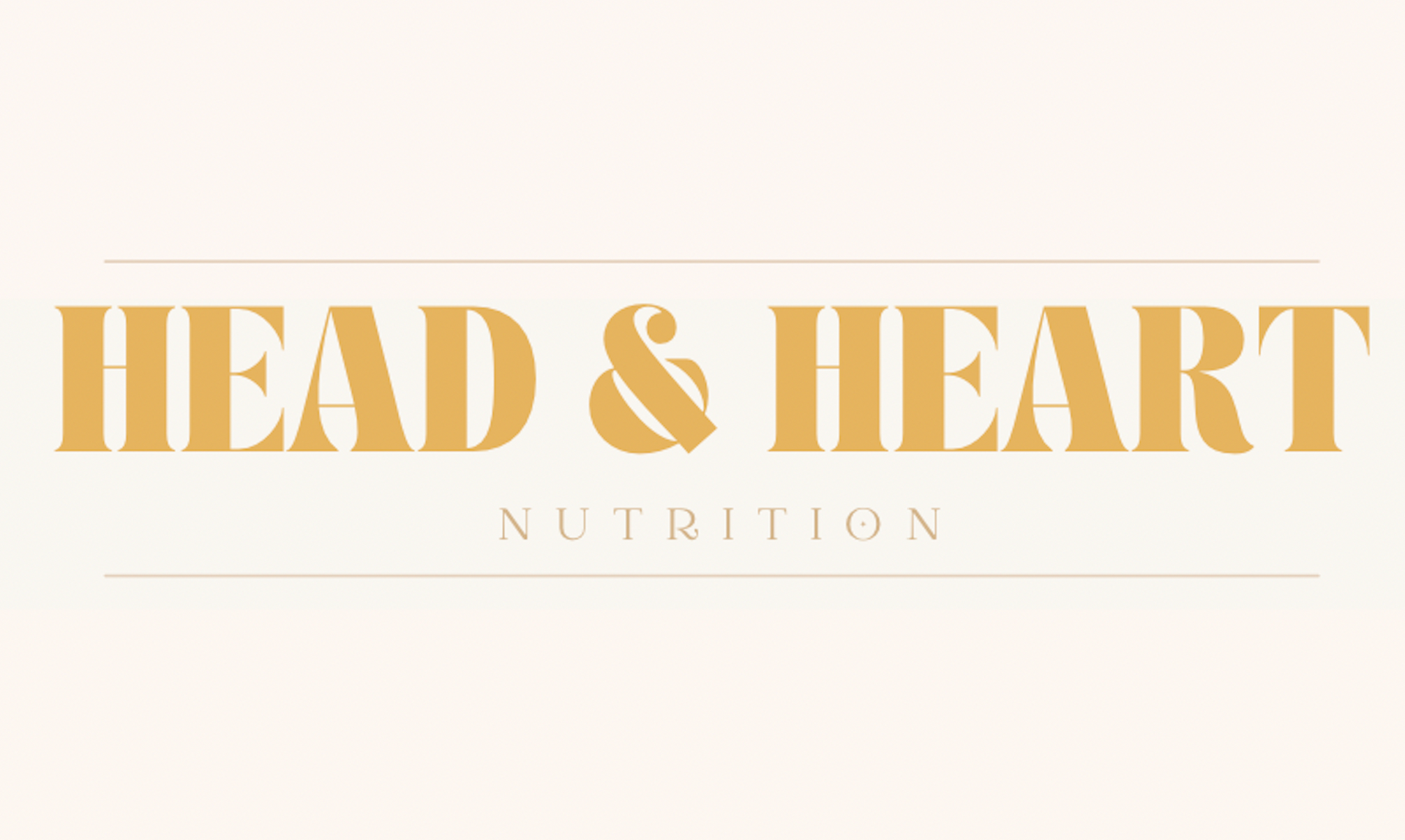Nourishing Your Body: The Importance of a Food-First Mindset
Understanding the Limitations of Supplements in Achieving Optimal Health

In a world where convenience often trumps nutrition, dietary supplements have gained immense popularity. From multivitamins to protein powders and everything in between, many people turn to these products in hopes of enhancing their health, boosting energy levels, or filling nutritional gaps. However, the reality is that while supplements can have their place, they are not a substitute for a balanced diet. The adage "food first" holds true, and here’s why you should be cautious about relying too heavily on supplements.
The Nutritional Power of Whole Foods
- Complex Nutrient Profiles
Whole foods are naturally rich in vitamins, minerals, fiber, and other essential nutrients that work synergistically to promote optimal health. For instance, an orange provides not just vitamin C but also a host of antioxidants, fiber, and phytonutrients that can enhance your immune system and overall well-being. In contrast, a vitamin C supplement may offer only isolated nutrients, lacking the full spectrum of benefits found in whole foods.
2. Bioavailability
The body is incredibly complex and often requires nutrients in their natural forms for optimal absorption. Whole foods are designed by nature to be easily absorbed and utilized by our bodies. For example, the iron in spinach is better absorbed when consumed alongside vitamin C-rich foods like bell peppers or citrus fruits. Supplements may not have the same bioavailability, meaning the body might not utilize them as effectively.
3. Preventing Nutritional Imbalances
Relying on supplements can sometimes lead to nutritional imbalances. For instance, taking a high dose of a specific vitamin can interfere with the absorption of others. Whole foods provide a balanced array of nutrients that work together harmoniously. For example, a diet rich in various fruits, vegetables, whole grains, and lean proteins naturally provides the necessary vitamins and minerals without the risk of imbalances.
The Risks Associated with Supplements
- Lack of Regulation
The supplement industry is not as strictly regulated as pharmaceuticals, leading to concerns about product quality and safety. Some supplements may contain harmful additives, inaccurate labeling, or even ingredients not listed on the label. The absence of regulation means that consumers can’t always trust that what they are buying is safe or effective.
2. Overconsumption Risks
It's easy to take more than the recommended dosage of a supplement, particularly with vitamins and minerals. Excessive intake of certain nutrients, such as vitamin A, iron, or calcium, can lead to toxicity and health issues. Whole foods provide a natural balance of nutrients, reducing the risk of overconsumption.
3. False Sense of Security
Relying on supplements may create a false sense of security that you can neglect your diet. Many people think they can eat poorly as long as they take their vitamins, which is not a healthy mindset. Supplements should complement a well-rounded diet, not replace it.
The Role of Supplements in a Balanced Diet
While whole foods should be the primary source of nutrients, there are certain situations where supplements can be beneficial:
- Nutrient Deficiencies
Some individuals may have difficulty meeting their nutritional needs through food alone, such as those with certain medical conditions, dietary restrictions, or increased nutrient needs (e.g., pregnant women). In such cases, supplements can help bridge the gap. - Specific Life Stages
Different life stages may require additional nutrients. For instance, older adults may benefit from vitamin D and calcium supplements to support bone health. However, it’s crucial to consult a healthcare professional before starting any supplementation. - Targeted Support
Some supplements can provide targeted support for specific health goals or concerns, such as omega-3s for heart health or probiotics for gut health. However, these should always be considered in conjunction with a balanced diet.
Prioritizing a Food-First Approach
- Focus on Nutrient-Dense Foods
Prioritize a diet rich in fruits, vegetables, whole grains, lean proteins, and healthy fats. These foods provide the essential nutrients your body needs to function optimally. - Embrace Variety
Eating a diverse range of foods ensures you receive a broad spectrum of nutrients. Aim to include different colors, textures, and types of foods in your meals. - Listen to Your Body
Pay attention to your body’s signals. If you feel fatigued, sluggish, or unwell, consider what your diet looks like before reaching for a supplement. Often, the answer lies in what you’re eating (or not eating). - Consult a Professional
If you’re considering supplements, it’s always best to consult with a healthcare professional or a registered dietitian. They can help assess your nutritional needs and recommend appropriate strategies to enhance your diet.
Takeaway
While dietary supplements can offer benefits in specific circumstances, they should never replace whole foods. A food-first approach prioritizes nutrient-rich, whole foods, which provide the complex nutrient profiles, bioavailability, and balance our bodies need to thrive. By focusing on a well-rounded diet, you can nourish your body more effectively, reduce the risk of nutrient imbalances, and ultimately promote long-term health and wellness. So next time you consider reaching for a supplement, remember: food first!









